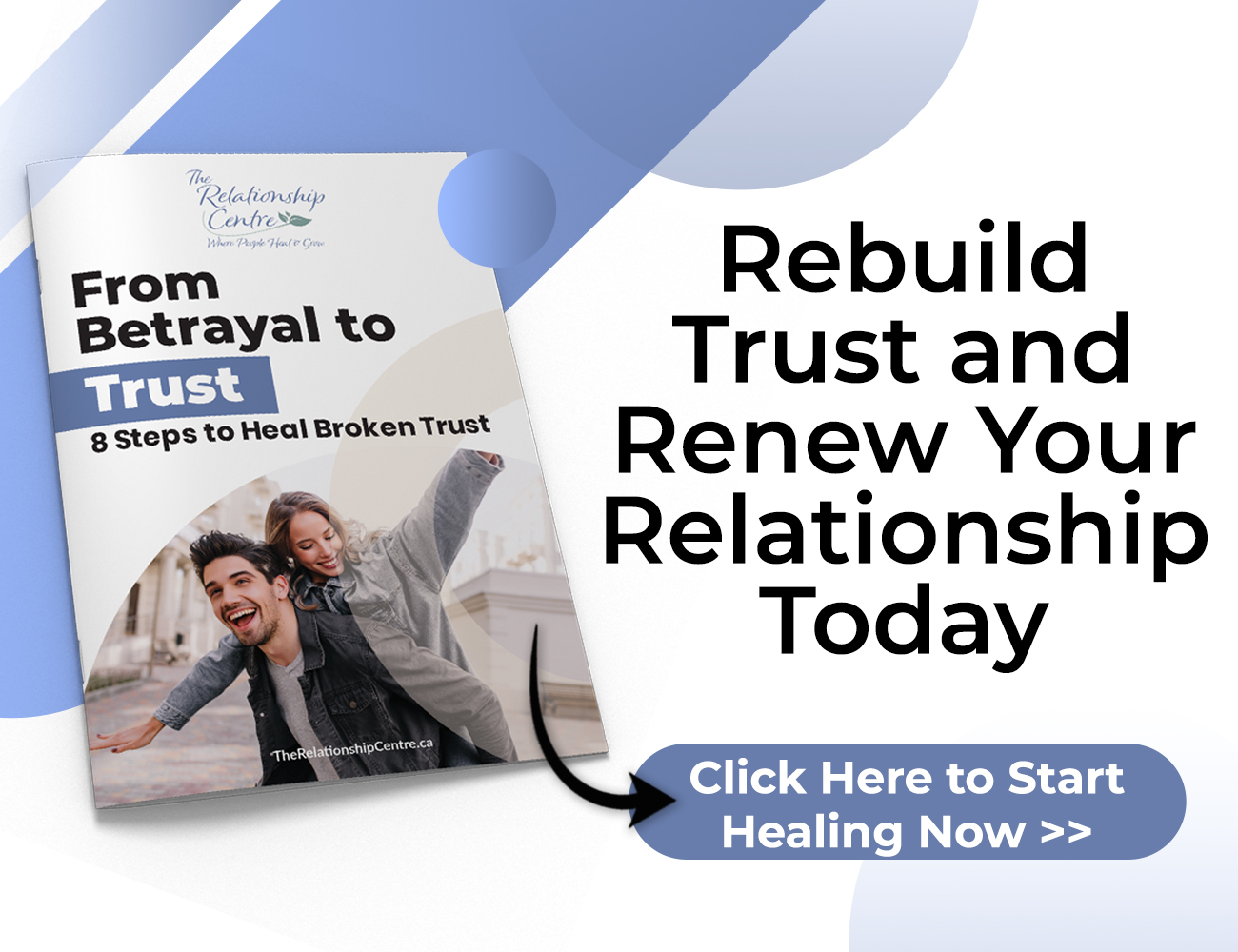The death of an infant is a profound loss, and it is important to acknowledge families’ need to grieve for their babies. The death of a baby is especially difficult to endure because parents envision an entire lifetime for their baby from the moment the pregnancy is confirmed. With the death of their baby, parents lose an entire future with their baby.
For parents, the death of their baby represents multiple losses including the loss of someone special and precious, their baby, the loss of a part of themselves, the loss of a dream and the loss of innocence that if they do the right things they can experience their desired outcome. The world no longer feels stable, safe, or predictable if this tragedy could occur.
In the case of pregnancy loss or stillbirth, women lose faith in the ability of their bodies to take care of their baby. This can be experienced as a profound sense of failure that brings painful guilt and shame. From the moment of conception, women feel responsible for protecting their baby and the death of their baby feels like the ultimate failure.
The process of recovering from the loss of a baby takes time. Studies suggest the recovery period ranges from two to five years, but some would argue it lasts a lifetime.


The Grief Process
If you have experienced a pregnancy or infant loss, the reality of grief cannot be avoided. You will hurt in a way that will feel indescribable. And you will likely question if you can survive it.
Grief is a process. And you are likely to experience many different emotions – shock, sadness, anger, despair, fear, guilt – they are all normal and understandable, but deeply unsettling.
Making sense of your experience is important so you can give yourself permission to work through your grief process. It is messy but it can typically be broken down into these stages. Sometimes these stages overlap and you may move back and forth between them. There is no one right way to grieve rather you will do your best to survive this tragic loss.
Stage 1 – Shock and Numbness
Shock is a normal response to overwhelming sorrow. Sometimes it lasts only a few minutes, but often it goes on for hours and even days. It brings a feeling of numbness, of being stunned, a shutting-down of usual feeling and thinking. This numbness is protective, a ‘blessed anesthesia’, that allows you time to accept this painful reality. Shock keeps you numb until you are ready to start to process your loss.
Characteristics of shock and numbness are most intense the first two weeks after the loss of your baby.
Characteristics of Shock and Numbness:
- Short attention span
- Concentration is difficult
- Decision-making is impaired
- Stunned, disbelief
- Functioning impeded
- Denial (This isn’t really happening)
- Confusion or loss of memory
- Fear, panic, feeling out of control
- Outbursts of anger, hostility
- Powerlessness
- Restlessness
- Exhaustion
- Heaviness in the chest
- Lump in the throat
- Crying or sobbing
- Feeling cold
- Lethargy
Stage 2 – Searching and Yearning
Shock and numbness begin to wear off. The pain becomes more severe and reality hammers you. You cannot believe this has really happened. These are the signs of beginning the searching and yearning phase of grief. You search for answers and yearn to experience what could have been. You may feel empty.
Thoughts of ‘what if’, ‘if only’ and ‘I should have’ are typical. These thoughts can become obsessive and you may think about them constantly. You wish you could change what happened. You may feel restless, impatient, agitated and nervous. You may think you are going crazy and are afraid to tell others how you are feeling. Take comfort – these feelings are only a temporary part of grief.
Characteristics of Searching and Yearning:
- Searching mentally for your baby
- Searching for answers, why did your baby die
- Looking for someone to blame
- Having bizarre thoughts and feelings
- Feeling jealous toward other parents
- Feeling anger toward your doctor or partner
- Questioning why and other spiritual questions
- Being preoccupied with your baby
- Dreaming about your child
- Continuing to feel pregnant or obsessed to get pregnant again
- Having anxiety attacks
- Having arms that ache to hold your child
- Experiencing pains, loss of appetite, headaches, insomnia, heart palpitations
- Sensitive to stimuli
- Anger and guilt
- Restless and impatient
- Irritability
- Resentment
- Bitterness
- Weight gain or loss
- Lack of strength
- Time confusion
After the loss of a baby, you may search for answers or ask what went wrong. You might not find satisfying answers. There may have been genetic, fetal or external factors beyond anyone’s control – yours or your doctor’s.
Most women can think of things they wish they had or had not done, but rarely is the death anyone’s fault. Although you may be tempted, assigning blame is often not helpful. Even an autopsy may offer no real answers. Just ask your doctor to explain as thoroughly as possible what happened and why. If the problem was genetic, seek genetic counselling before considering another pregnancy is important.
Stage 3 – Disorganization / Disorientation
Searching and yearning give way to reality. You are confronted with the fact that life will never be the same. You have a new sense that life is unfair. Some parents talk of losing their innocence about life and feeling vulnerable in the world.
Disorganization and disorientation are words used to describe the upheaval of normal thoughts and daily living patterns that occur at this stage. It is a time of ups and downs. Sometimes you feel you have hit rock bottom and you wonder if you will ever come up for air. You might feel deadlocked and without much hope that life will ever be good again. Everyday things are difficult to do. You may go back to work, but you can’t keep your mind off your grief.
Common emotions experienced by most grieving parents include guilt, anger and depression.
Guilt
Parents feel responsible for the health and well-being of their child. When their child dies, they are overcome with a sense of powerlessness. They feel they should have been able to do something. It was their job to protect their baby. A feeling of guilt is a natural by-product of losing a baby.
Often parents re-examine every detail of what happened and wonder if it was their fault. The most important thing to remember is – the past cannot be changed. You cannot change what happened, all you can do is work through how you feel. Beating yourself up, again and again is self-destructive. Identify and clarify guilt and then work to let it go.
Anger
Some parents stay in the disorganization phase of grief because of unresolved anger. Anger cannot be resolved unless it is expressed. You must be honest about it, trace it back, talk it out and do something about it. Denying deep feelings of anger gives a foothold to resentment and bitterness that can destroy your health, relationships, and joy.
You may be angry at God, medical personnel, your partner or your family. If so, talk it through with someone who is understanding and can listen without judgement. Do your best to forgive those who have hurt you. Let go of your anger in your own time.
Depression
For many, depression is the longest, most tedious part of grieving. Life seems like it will never be good again. Everything is gray and cloudy. Parents feel locked in their thoughts. They have lost their spark for living and are wrapped up in the past. They feel alone and isolated.
Holding on to guilt and anger may make depression worse and especially difficult to shake. Although depression is common in grief be careful about becoming stuck there. Help is available and admitting you need it is an important first step. Talk to your doctor, grief counsellor, spiritual leader or therapist. Get the help you need to work through your thoughts and feelings.
Characteristics of Disorganization/Disorientation:
- Thinking “I’m going crazy”
- Social withdrawal
- Depression
- Guilt
- Anger
- Fear
- Insomnia
- Weight gain/loss
- Sense of failure
- Sadness
- Exhaustion
- Difficulty concentrating
- Disorganized
- Forgetful
- Feeling ill
- Lack of energy
- Feeling empty, lifeless, hopeless
- No interest in things previously enjoyed
- Neglect of personal appearance and daily tasks
- Feeling trapped in mourning
- Preoccupation with the loss
- Dry mouth
- Nervousness
- Listlessness
Stage 4 – Reorganization / Resolution
Grief is something that happens to you without choice. It is mostly beyond your control. But recovery from grief does involve choice. There comes a time when you need to consciously work towards letting go of the pain. You choose to reorganize, regroup, and get back into life. You accept the loss of your baby. You come to terms with what happened and choose to go on. You will never be happy that your baby is not here, but you choose to accept it thus allowing you to move forward.
This does not happen all at once. There will be detours, good days, and bad days. Eventually, there will be more good days. Initially, you may feel guilty about this as you fear it means you are forgetting your baby. You will never forget your baby! But you can choose to be open to living life again while you still miss your baby.
Everyone is changed by a personal crisis. Most people survive it. Some suffer for the rest of their lives, but they do survive. Some come away with a new purpose and direction. For many who suffer the loss of a child, life takes on new meaning, values change and relationships become more important.
To begin to reorganize you must fully express your emotion as you grieve. You must say goodbye and let go. This is especially hard for the mother. She might feel if she lets go, no one will remember her child.
The key to reorganization is acceptance. You can choose to accept what you do not understand and do not want to accept. Do this and you will have renewed energy, a sense of release, and new stability.
Characteristics of Reorganization/Resolution:
- Sense of relief
- Renewed energy
- Able to make decisions
- Eating and sleeping habits re-establish
- Able to laugh and smile again
- Improved self-esteem (appearance, diet, rest, exercise)
- Begin planning for the future
Hope
It is possible to grieve the loss of your baby. You will be forever changed by this experience, but you will always be the parent to this precious baby.
If you need support and a safe place to grieve this terrible loss, call our office. We have therapists who have walked alongside other parents just like you who have had to say goodbye to their baby’s far too soon. We can be there for you too.












